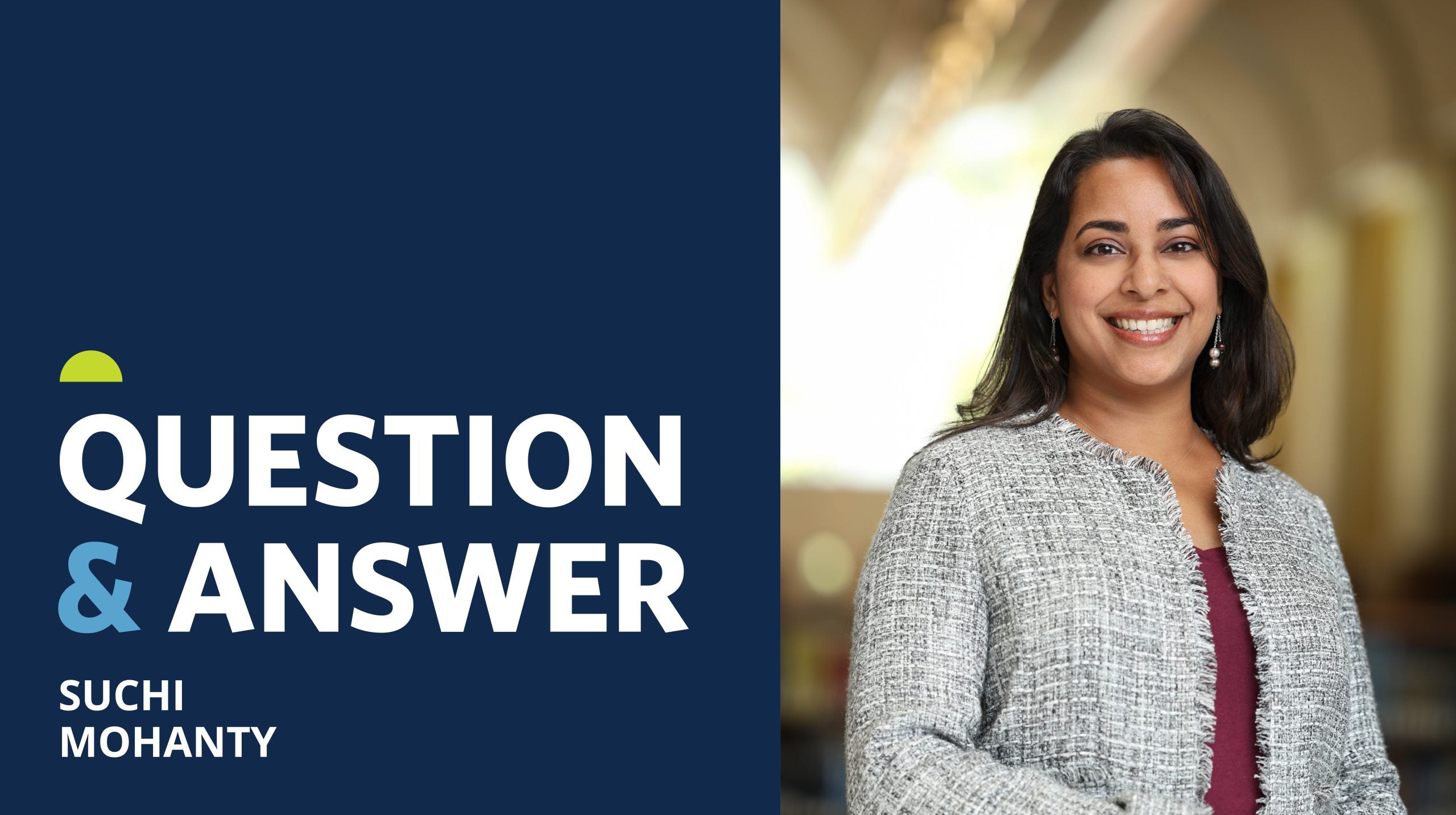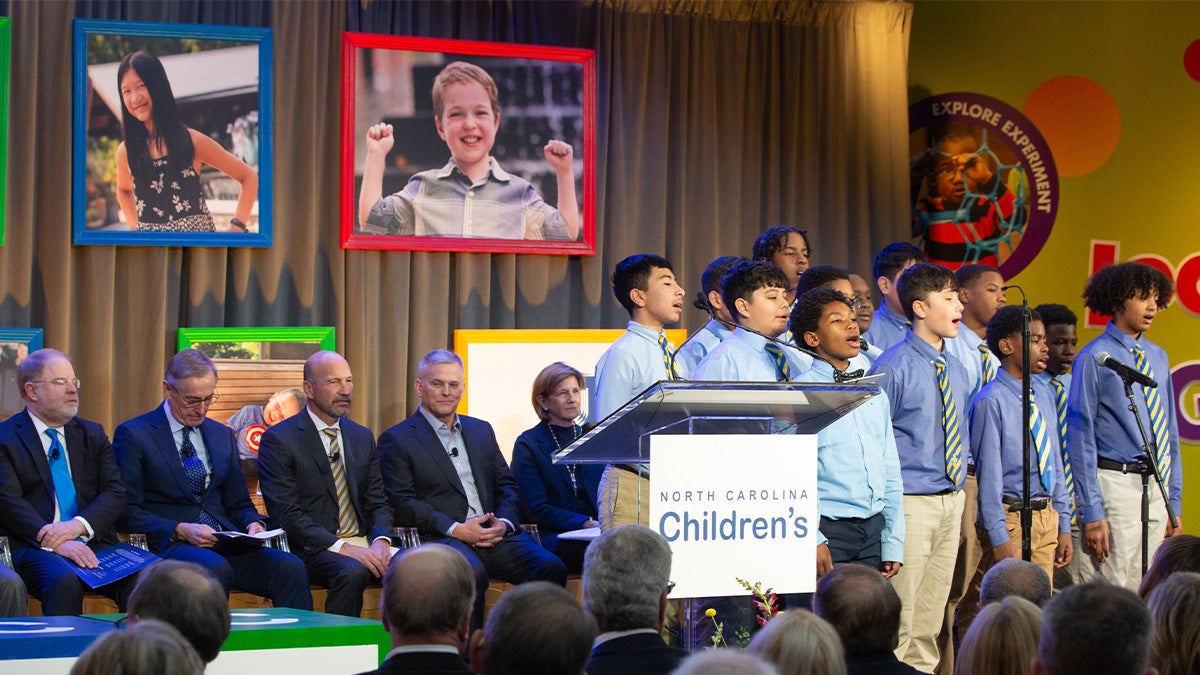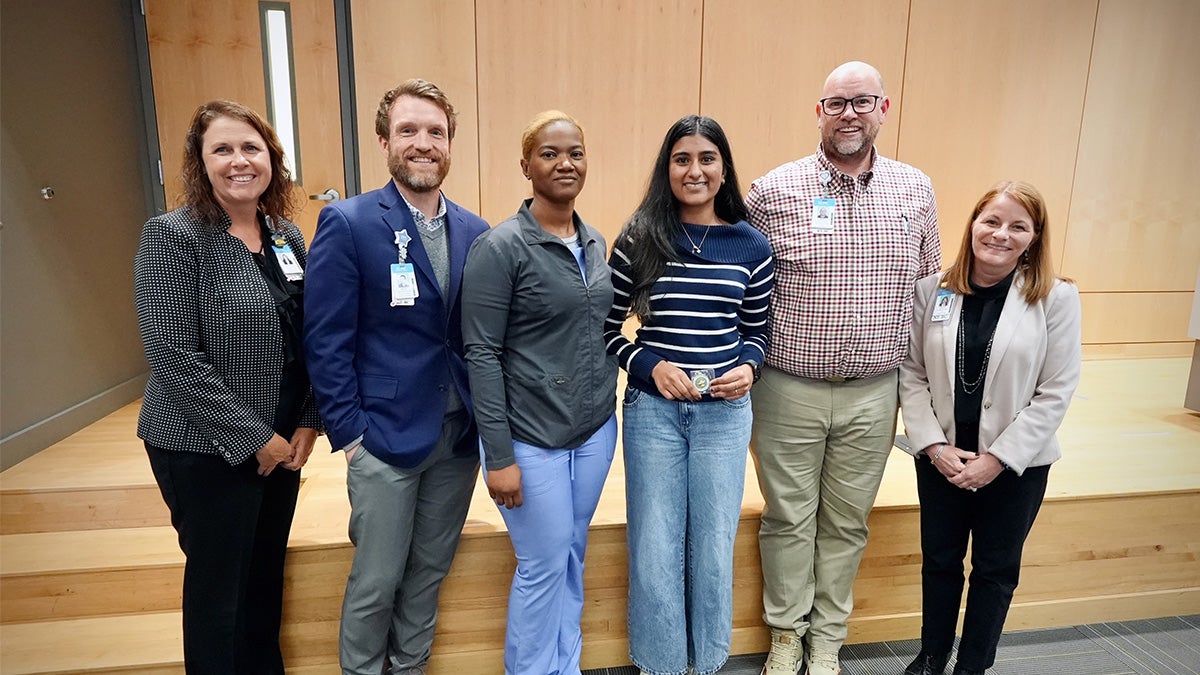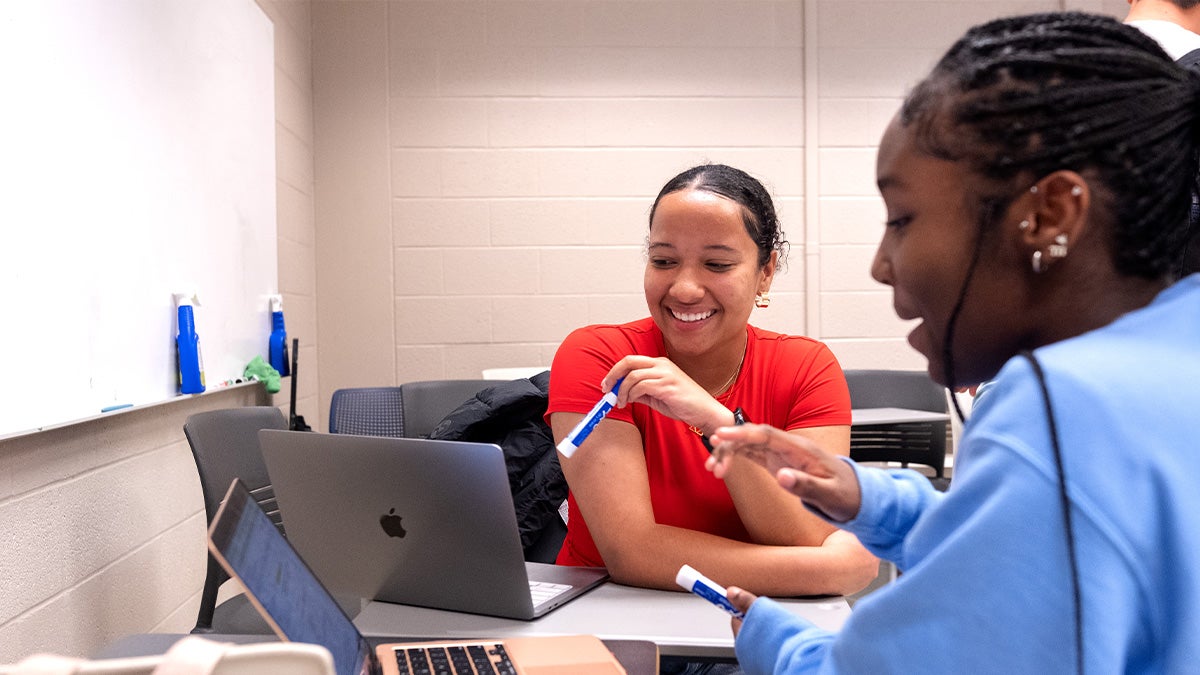Let’s play 4 lies and a truth, allergy edition
Allergist Dr. Edwin Kim has the right answers for how to make it through pollen season.
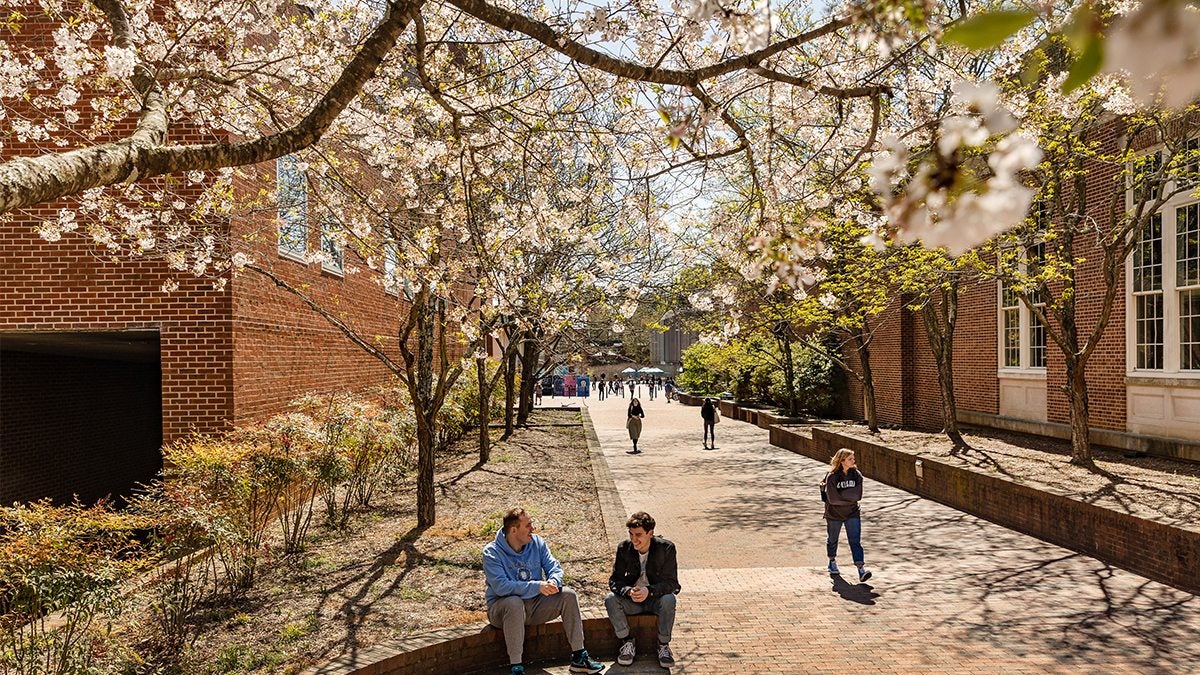
Confused by seasonal allergy advice swirling around like so much pollen at this time each year? Luckily, Carolina boasts one of the country’s top experts on the topic, Dr. Edwin Kim, pediatric allergist and immunologist at the UNC School of Medicine and director of the UNC Food Allergy Initiative.
Play along as Kim reveals the correct answers about allergies.

Dr. Edwin Kim
Nasal sprays offer the quickest relief for severe attacks; take antihistamine tablets for everyday symptoms.
LIE
Kim advises just the opposite approach. “At that moment, the nose spray seems to make sense because you’re congested, your nose is runny, your sinuses hurt. Unfortunately, those medicines tend to work very, very slowly. The nose spray will still be your overall best medicine for allergies, but for the symptoms you are having at that moment, the tablets are designed to work quickly. They typically kick in within about an hour.”
He recommends using nasal spray regularly to prevent symptoms and adding antihistamine tablets for quick relief on the worst days.
That thick, yellow coating everywhere makes us sneeze.
LIE
“That comes from our pine trees. We see it because the pollen itself is actually big. Because of that, it doesn’t really get deep into our noses, sinuses and our lungs to cause bad allergy symptoms.”
The most problematic — oak, hickory and birch — trees produce pollen invisible to the eye, Kim said.
The trees and flowers have it in for us.
LIE
The fault is not with the vegetation but with our immune systems. “They’re designed to help us fight infections. But a certain combination of genetics and environmental exposures causes some people’s immune systems to see something that should be perfectly safe, like pollen, and overreact. It attacks it the way it might attack a virus. This releases the chemical called histamine, which is what leads to the itching and the watery eyes, the runny nose, the congestion and other symptoms we associate with allergies.”
If you have allergies, you just have to live with them. There’s no cure.
LIE
With allergen immunotherapy or allergy shots, seasonal allergy sufferers can eventually retrain their immune systems not to react to allergens. But it takes a long time. After being tested to find out their specific allergies, patients come in for a shot once a week for several months to build up to the treatment dose, then continue once a month for a maintenance dose for three to five years.
“It’s essentially a form of exposure therapy. In shot form, you get a very, very tiny amount of whatever you’re allergic to and slowly increase the amount of exposure to those pollens. Eventually, this teaches the immune system to not be reactive to the pollens, making people’s congestion and all those other symptoms go away and stay away.”
In North Carolina, allergy season keeps getting longer.
TRUTH
“Pollen seasons have been getting longer over the last 20 to 30 years. By the first or second week of February, you are already detecting pretty good levels of pollen. Then fall weed and ragweed season go all the way into November, December. That gives us maybe a few weeks with not a ton of outdoor pollen out there.”
Bonus tips:
- Check your weather app and stay inside on high pollen days.
- For outdoor activities, avoid early mornings when the temperature is warming up and pollen tends to be highest.
- Wear a mask. Those cloth masks that didn’t protect against COVID-19 do stop pollen.
- Keep windows closed in the car and at home.
- Shower at night and wash away that sticky pollen before going to bed.
